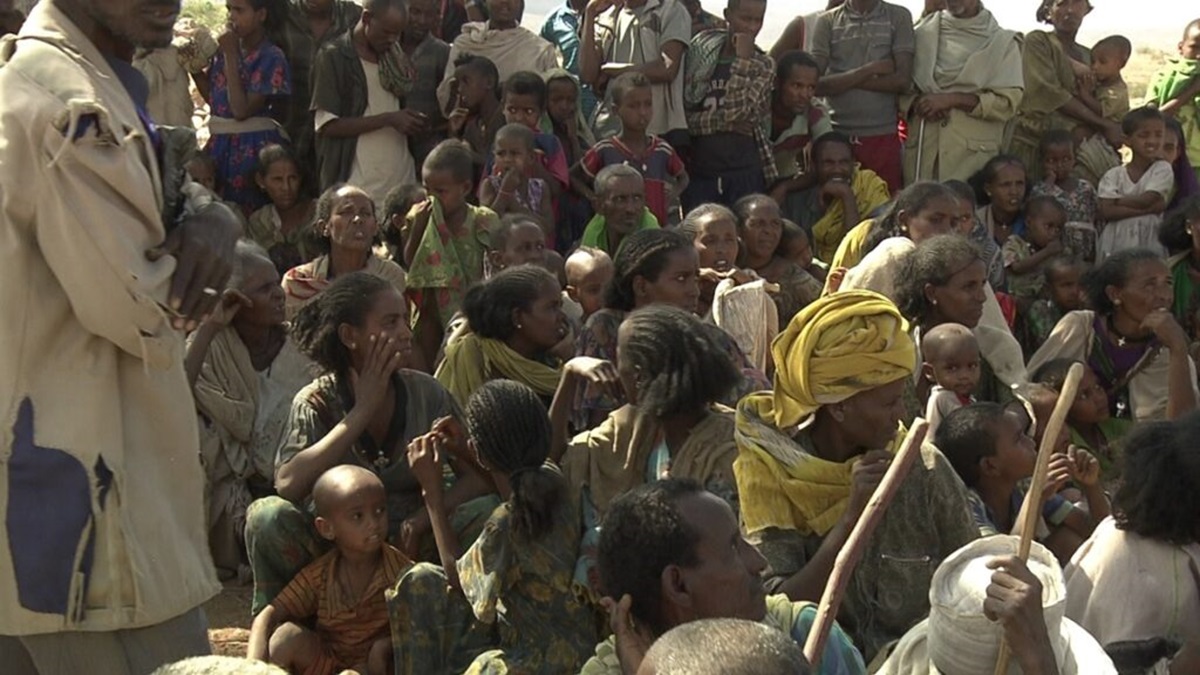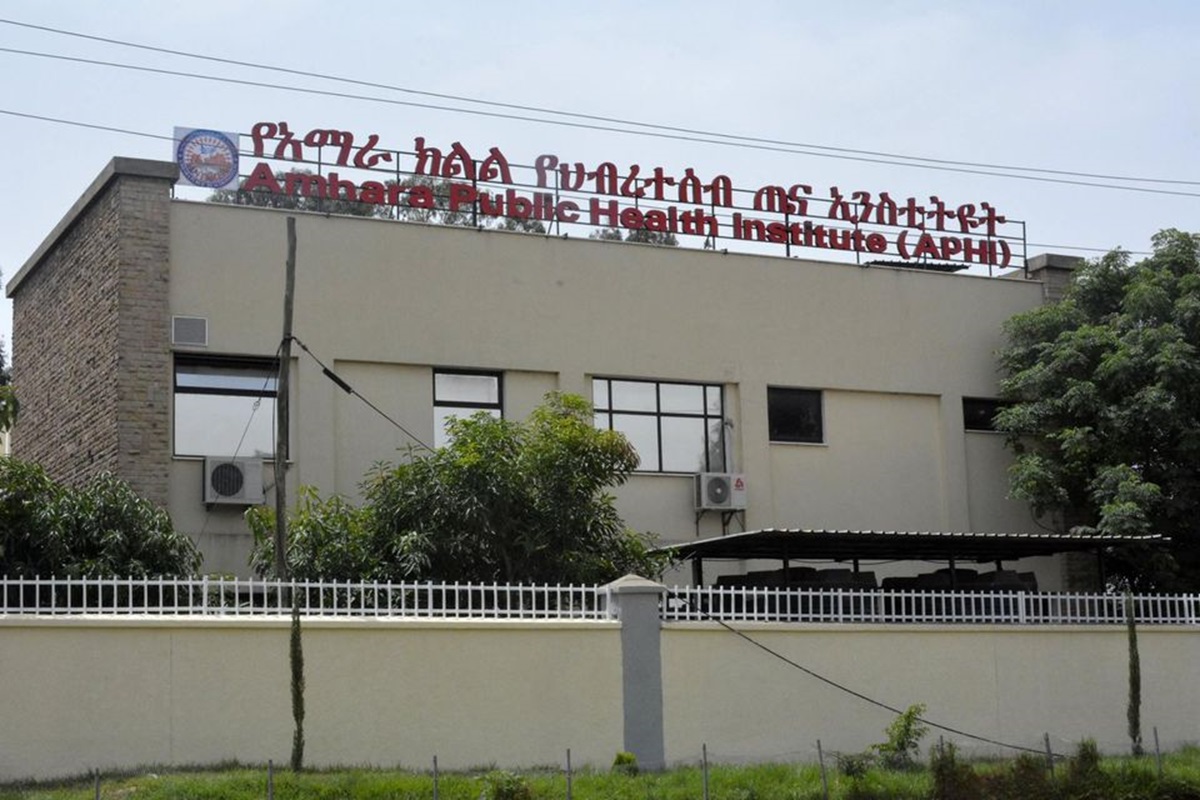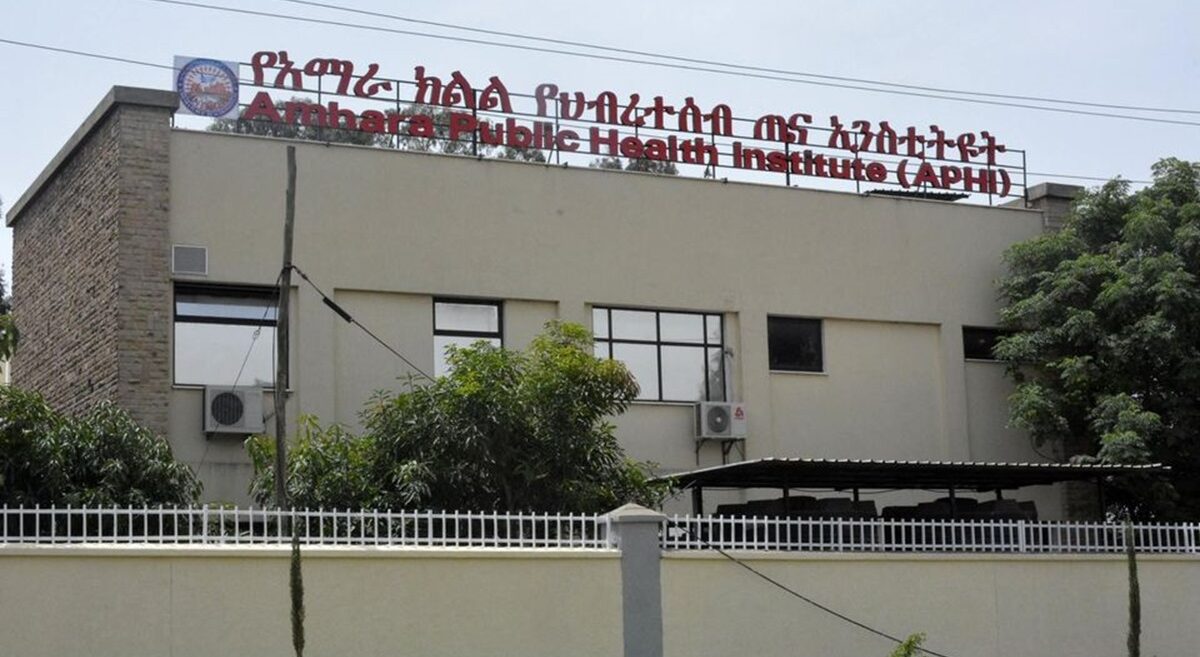News: Unrest fuels health emergency in the Amhara region, spurs a surge in communicable and non-communicable diseases

Addis Abeba – Amidst the ongoing unrest, the Amhara Regional Health Bureau faces a daunting battle beyond the front lines.
Abdulkarim Mengistu, the Bureau Head, revealed in a press conference that the escalating conflict has given rise to a silent crisis: a surge in communicable and non-communicable diseases sweeping through the population.
Abdulkarim underscored the fact that the precarious security conditions have precipitated a marked escalation in the incidence of diseases among local populations. He noted that susceptible demographics, particularly expectant mothers, lactating women, and additional vulnerable segments, face considerable challenges in obtaining essential nutritional and healthcare assistance.
The head of the Bureau highlighted the fact that the precarious security conditions have precipitated a marked escalation in the incidence of diseases among local populations.
He noted that susceptible demographics, particularly expectant mothers, lactating women, and additional vulnerable segments, face considerable challenges in obtaining essential nutritional and healthcare assistance.
The Health Bureau has disclosed distressing data, showing that in excess of 270 health facilities have been subject to looting, resulting in the loss of critical resources and equipment. The theft of ambulances and 17 vehicles allocated for the conveyance of patients and pharmaceuticals has significantly impeded medical outreach activities.
Out of 341 initiatives launched to improve access to healthcare services, a mere 89 are currently in progress, with the ongoing strife rendering the other 252 projects inactive.
The immunization rate for children has sharply declined to below 60% as safety concerns have forced the suspension of vaccination initiatives in several areas. Collaborative actions are being taken with public health specialists and administrators to augment this vital service. Additionally, over 700 individuals living with HIV are experiencing interruptions in their antiretroviral therapy, a consequence of supply chain disruptions caused by obstructed transportation routes.
Interventions to combat malaria, such as indoor residual spraying, have been confined to only six districts. Consequently, a substantial segment of the populace remains vulnerable, as the conflict prevents reaching the 30 districts that are in dire need of these measures. AS







